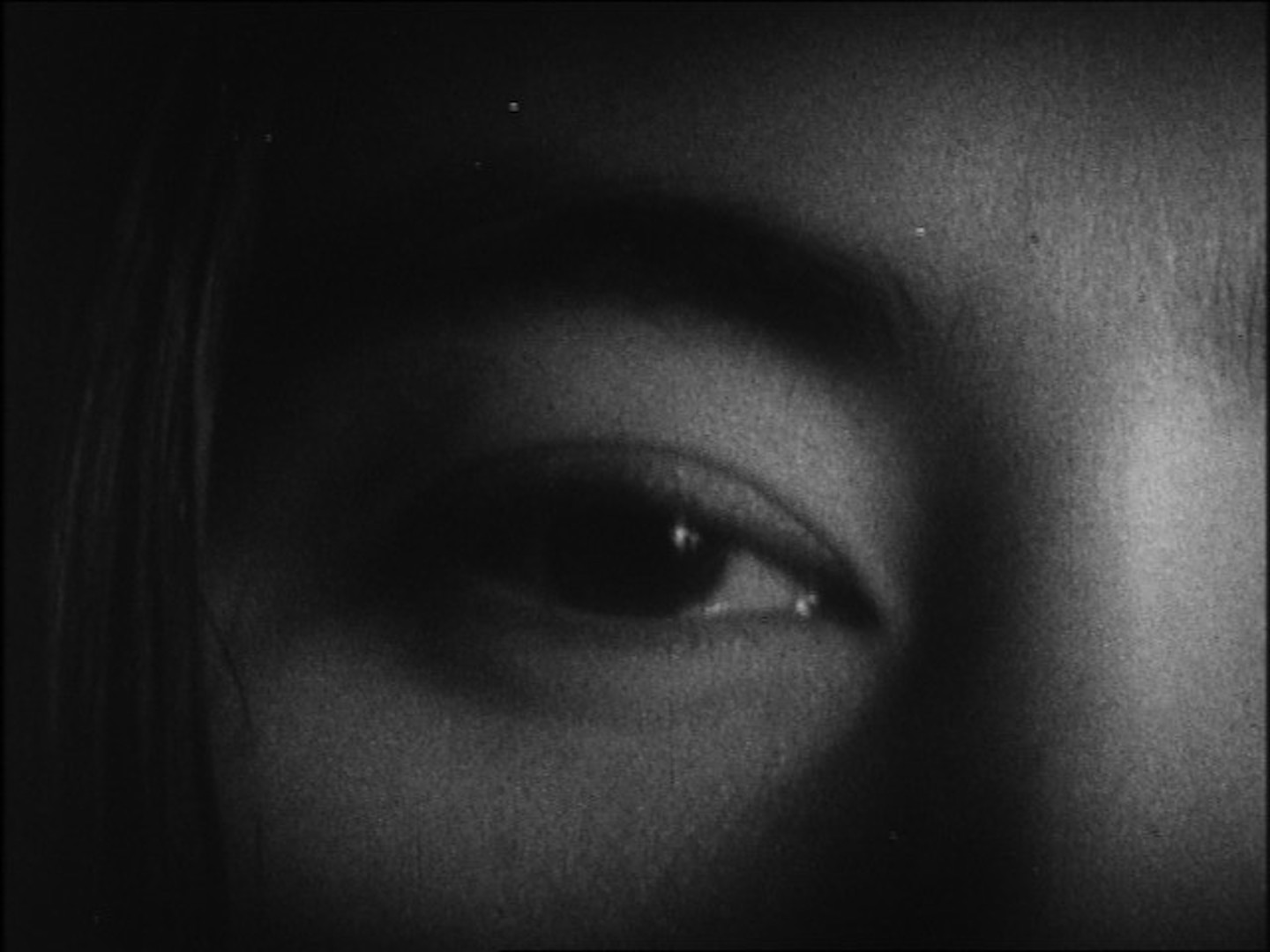Admission starts at $5
April 29, 2023, 5pm
Brooklyn 11205
USA
Join us at e-flux Screening Room on Saturday, April 29 at 5pm for Time Walks Through The City, a screening of rarely shown, aesthetically distinct documentaries, featuring five short films by Latvian, Lithuanian, and Estonian filmmakers who were part of the Baltic Poetic Documentary movement of the 1960s and 1970s. Influenced by the works of Dziga Vertov and the French cinéma vérité movement, these filmmakers turned their attention to everyday life creating a unique style that departed from the post-war Soviet newsreel approach. Ivars Kraulītis, Andres Sööt, Almantas Grikevičius, Henrikas Šablevičius, and Herz Frank used observational techniques, innovative editing, and visual metaphors to capture the melancholy of the mundane amidst ongoing Soviet modernization and industrialization. The screening will be introduced by Lukas Brasiskis.
Films
Ivars Kraulītis, White Bells (Latvia, 1961, 24 minutes)
Urban life in Riga as seen through the eyes of a little girl who is looking for white bell flowers. This short drama, which draws on the city symphony genre, presents an image of city life from the early morning hours to the peak of the day. Devoid of dialogue, the film captures the stark visual poetry of urban landscapes, where the industrial and the natural collide—all captured by cinematographer-turned-director Uldis Brauns, with a script by Herz Frank.
Andres Sööt, 511 Best Photographs of Mars (Estonia, 1968, 15 minutes)
The simple act of going to a café acquires new meaning in Sööt’s classic work. The film creates entertaining, contrasting views of Soviet modernist Tallinn’s social life, employing a hidden camera, music from Handel and The Beatles, poetry as off-screen commentary, and the latest discoveries about Mars.
Almantas Grikevičius, Time Walks Through The City (Lithuania, 1966, 20 minutes)
The city of Vilnius, the capital of Lithuania, is the main protagonist of this film. The film slowly turns into a metaphor for the historicity of the city. Time Walks Through The City represents stylistic influences on the director of the film, coming from both Soviet avant-garde montage and French cinéma-vérité documentary.
Henrikas Šablevičius, A Trip Through Misty Meadows (Lithuania, 1973, 10 minutes)
Archaic-rural Lithuania vs. the industrialized Soviet Union. A culture clash, presented in the context of the dismantling of the old narrow-gauge railway Siaurukas. The story was originally to be told with silent images only, but following preview screenings the filmmaker was instructed to add a voiceover. The criticism that “the film’s central protagonist cannot be a railway” led to the addition of a “human character”—the train’s overseer Povilas.
Herz Frank, Ten Minutes Older (Latvia, 1978, 10 minutes)
One of the most celebrated shorts in the history of documentary presents close-ups of children watching a puppet show. Although the film’s spectators never see the puppets, there is a far more interesting show on the children’s faces as they are affected by different emotions that are changing in time.
The event is co-presented by the National Film Centre of Latvia; Meno Avilys Cinematheque (Lithuania); and the Estonian Film Institute.
For more information, contact program@e-flux.com.
Accessibility
–Two flights of stairs lead up to the building’s front entrance at 172 Classon Avenue.
–For elevator access, please RSVP to program@e-flux.com. The building has a freight elevator which leads into the e-flux office space. Entrance to the elevator is nearest to 180 Classon Ave (a garage door). We have a ramp for the steps within the space.
–e-flux has an ADA-compliant bathroom. There are no steps between the Screening Room and this bathroom.












